Deshpande Eye Care Center
Get world-class contact lens & eye care services and treatment from the highly qualified and certified eye specialists in Kolhapur at Deshpande Eye Care Center.
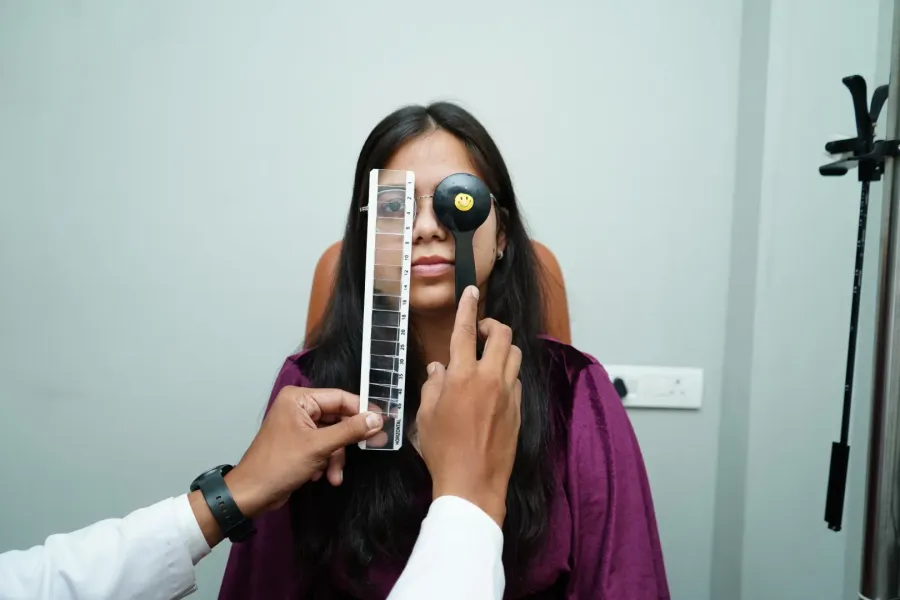
At Deshpande Eye Care Center, we help individuals of all ages to overcome binocular vision conditions. While most binocular vision issues begin in childhood, they can also develop later in life due to factors like head injuries, certain health conditions, or age-related changes.
We understand that clear vision is just one part of functional vision. To see and feel your best, your eyes need to operate at their peak. Our team is dedicated to providing you and your family with the care and solutions you need.
Binocular vision conditions are eye problems that affect how both eyes work together and communicate with the brain. Normally, our eyes work as a team to create a single, clear picture of the world. They gather visual information and send it to the brain for processing.
However, when there's an issue with this teamwork or the way the eyes communicate with the brain, it can lead to various vision problems in children. Early diagnosis and treatment can significantly improve your child's visual development and overall quality of life.
If you or your child experience any of the following signs or symptoms, binocular vision treatment could help:
Specifically in children, watch out for these signs:
Glasses or Patching: Depending on the condition, your doctor may recommend specific glasses or an eye patch to help the eyes work together and/or to develop more clear vision.
Regular Follow-ups: Regular follow-ups with your eye doctor may be required to track your progress and make necessary adjustments to the treatment plan.
Vision Therapy: Like physical therapy for the eyes, vision therapy is a customized program of exercises and activities that are designed to retrain neurological pathways and improve how the eyes work together. These exercises can strengthen eye muscles, improve eye coordination, and enhance visual processing skills.

A comprehensive eye exam includes a number of tests and procedures to
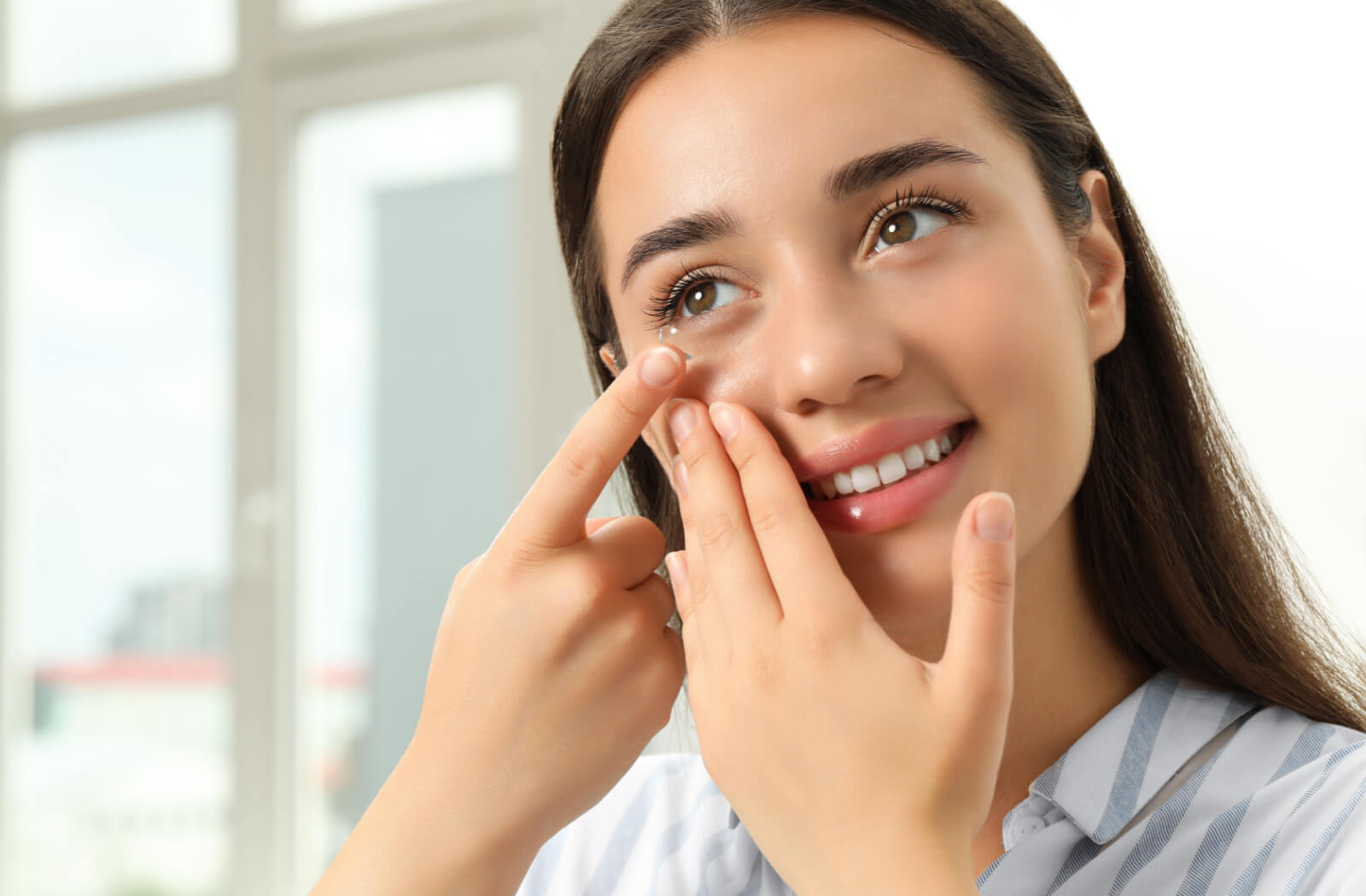
The purpose of contact lenses is to correct or improve the vision of people with nearsightedness (myopia)
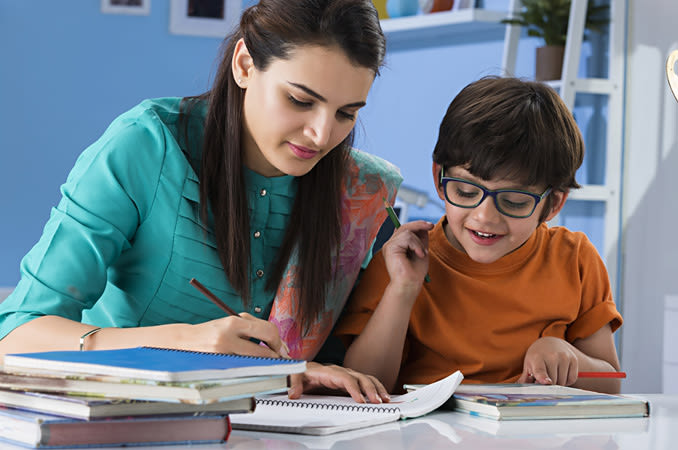
Myopia is a common eye condition in which the light coming from infinity focuses in front of the retina instead of

At Deshpande Eye Care Center, we help individuals of all ages to overcome binocular vision conditions.
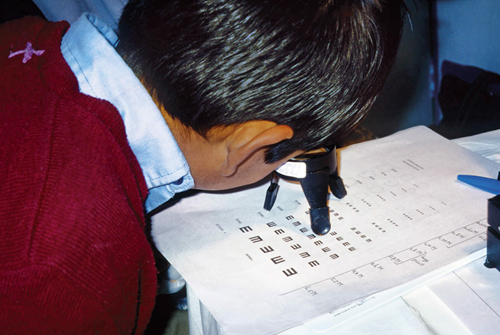
Low vision is the term used to describe significant visual impairment that can’t be corrected fully with glasses
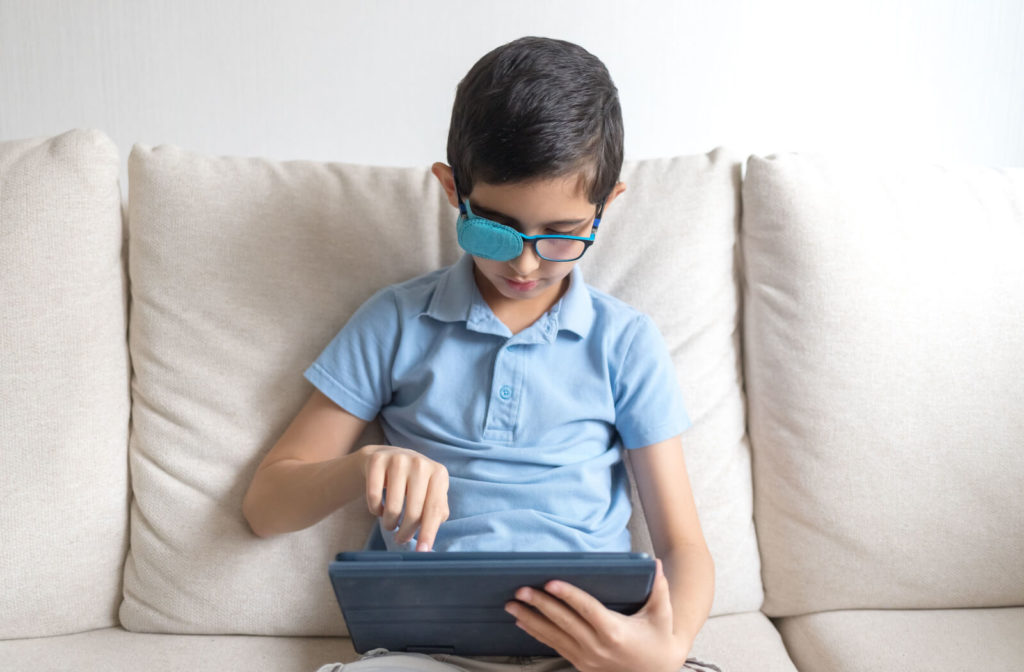
Amblyopia or “lazy eye” is a neuro-developmental vision condition that begins in early childhood.
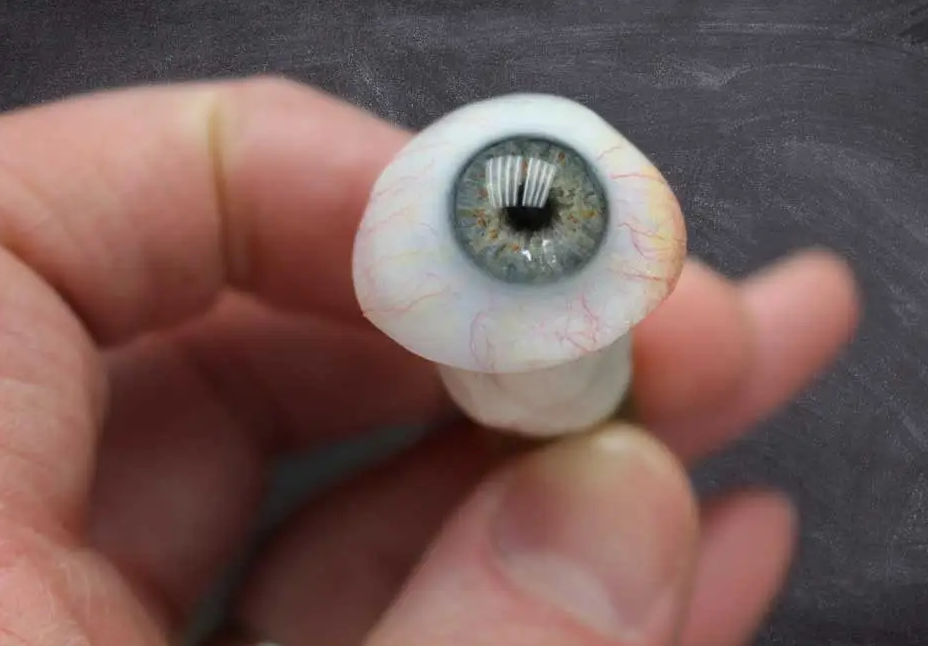
One eye may be absent since birth or lost due to injury. Various treatment procedures like use of ball implants
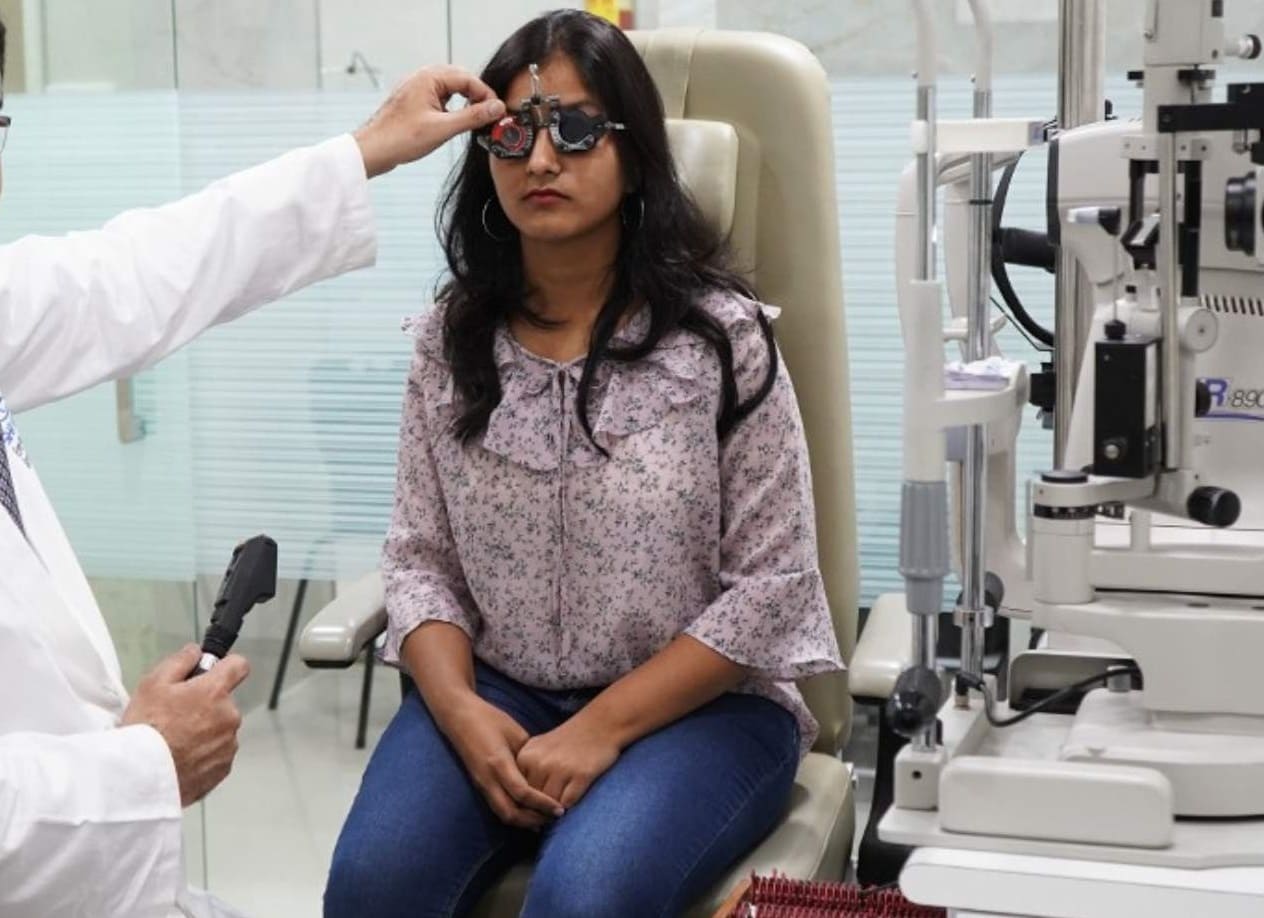
At Deshpande Eye Care Center, we carry all of the latest and GENUINE designer brands so you can be assured you’ll find